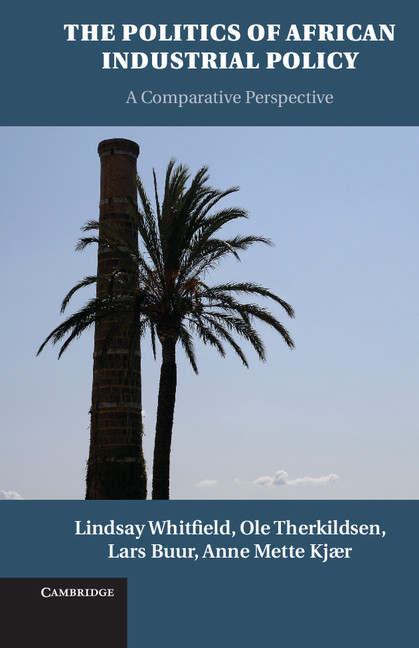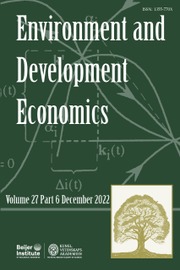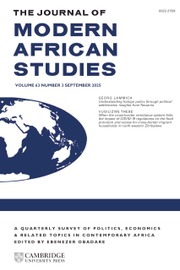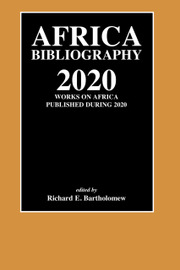Dictators and Democracy in African Development
What are the conditions for good governance in Africa, and why do many democracies still struggle with persistent poverty? Drawing on a historical study of Nigeria since independence, this book argues that the structure of the policy-making process explains variations in government performance better than other commonly cited factors, such as oil, colonialism, ethnic diversity, foreign debt, and dictatorships. The author links the political structure of the policy process to patterns of government performance over half a century to show that the key factor is not simply the status of the regime as a dictatorship or a democracy, but rather it is the structure of the policy-making process by which different policy demands are included or excluded. By identifying political actors with the leverage to prevent policy change and extract concessions, empirical tests demonstrate how these 'veto players' systematically affect the performance of two broad categories of public policy. This Madisonian dilemma has important implications for African countries struggling with the institutional trade-offs presented by different regimes.
- An account of Nigeria's government record since independence
- The author weaves together empirical analysis, narrative history, and new comparative concepts from political science
- Uses data based on extensive field research
Reviews & endorsements
"… while Levan’s original, sophisticated and dense study will mostly appeal to postgraduate students and established scholars researching Nigeria, it also has much to offer those working in the fields of democratisation and comparative politics. This is an important and commendable book."
J. N. C. Hill, The Journal of Modern African Studies
'Dictators and Democracy in African Development merits much praise for its concentration on veto players, which augments a critical new component to scholars’ understanding of the political economy of third world countries.' Enock Ndawana, Democratization
Product details
July 2016Paperback
9781107440951
308 pages
228 × 152 × 20 mm
0.47kg
4 b/w illus. 7 tables
Available
Table of Contents
- Introduction
- 1. A theory of institutions, preferences, and performance
- 2. Veto players in Nigeria's political history since independence
- 3. The impact of Nigeria's veto players on local and national collective goods
- 4. Analytic equivalents in Ghana and Zimbabwe
- 5. Madison's model unbound.
















